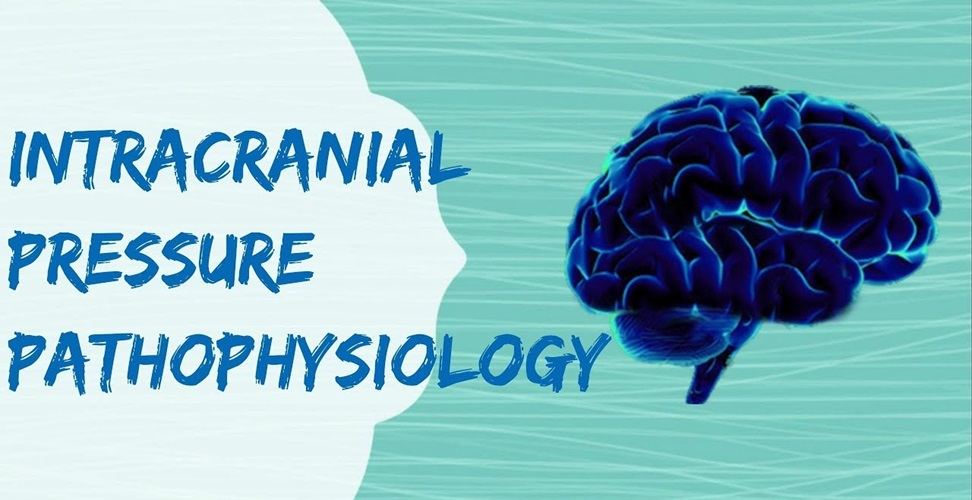Cranial pressure, also known as intracranial pressure (ICP), refers to the pressure exerted by fluids such as cerebrospinal fluid (CSF) and blood within the skull. Normal ICP ranges from 7 to 15 mm Hg in a resting supine adult. Elevated cranial pressure can lead to serious health complications, including brain damage, as it can restrict blood flow to the brain and compress brain tissue. Various factors can contribute to increased cranial pressure, such as traumatic brain injury, brain tumors, infections like meningitis, and conditions such as hydrocephalus.
Managing cranial pressure typically requires medical intervention.
However, there are natural methods that can help reduce and manage ICP. These methods should be considered complementary to medical treatments and always under the guidance of a healthcare professional.
Natural Methods to Reduce Cranial Pressure
1. Proper Hydration
Maintaining adequate hydration is crucial for overall health, including brain health. Dehydration can lead to a reduction in CSF production, which may cause an imbalance in cranial pressure. Drinking sufficient water helps in maintaining the proper volume of CSF and blood in the brain. Aim for at least 8 glasses of water a day, more if you are physically active or in a hot climate.
see also: Is Hypertension A Serious Health Condition?
2. Dietary Adjustments
A balanced diet rich in nutrients can significantly impact cranial pressure. Here are some dietary tips:
Reduce Salt Intake: Excessive salt can lead to water retention, which might increase cranial pressure. Aim for a low-sodium diet to help manage fluid balance in the body.
Increase Magnesium Intake: Magnesium has natural anti-inflammatory properties and can help in relaxing blood vessels, improving blood flow, and reducing cranial pressure. Foods rich in magnesium include leafy green vegetables, nuts, seeds, and whole grains.
Omega-3 Fatty Acids: These essential fats, found in fish oil, flaxseeds, and walnuts, have anti-inflammatory properties that can support brain health and potentially reduce ICP.
3. Regular Exercise
Regular physical activity is beneficial for overall health and can help manage cranial pressure by improving blood circulation and reducing inflammation. Low-impact exercises such as walking, swimming, and yoga are particularly effective. Yoga, in particular, combines physical activity with relaxation techniques, which can be beneficial for reducing stress and indirectly managing ICP.
4. Breathing Exercises and Meditation
Stress can contribute to increased cranial pressure. Techniques that promote relaxation and stress reduction, such as breathing exercises and meditation, can be highly effective. Practices like deep breathing, progressive muscle relaxation, and mindfulness meditation help in calming the nervous system, reducing stress hormones, and consequently lowering cranial pressure.
5. Head Positioning
The position of your head can influence cranial pressure. Keeping the head elevated, especially while sleeping, can help in reducing ICP by promoting better CSF drainage and blood flow. Use a pillow to elevate your head or sleep in a reclined position.
6. Herbal Remedies
Certain herbs have been traditionally used to support brain health and manage cranial pressure. These should be used with caution and ideally under the guidance of a healthcare provider.
Ginkgo Biloba: Known for its ability to improve blood flow to the brain, ginkgo biloba can be helpful in managing cranial pressure.
Turmeric: With its potent anti-inflammatory properties, turmeric can help in reducing brain inflammation, which might contribute to lowering ICP.
7. Avoidance of Triggers
Identifying and avoiding factors that can exacerbate cranial pressure is essential. Common triggers include:
Caffeine and Alcohol: Both can lead to dehydration and increased ICP. Limiting their intake can help in managing cranial pressure.
Straining Activities: Activities that involve heavy lifting or straining can temporarily increase ICP. Avoiding such activities can be beneficial.
8. Adequate Sleep
Quality sleep is vital for brain health. During sleep, the brain undergoes repair and maintenance processes, which include regulating cranial pressure. Establish a regular sleep routine, ensure a comfortable sleeping environment, and aim for 7-9 hours of sleep per night.
9. Hydration of the Body and Brain
Proper hydration of the body and brain is essential for maintaining normal cranial pressure. Drinking enough fluids ensures that there is a balance in the production and absorption of CSF. It is recommended to consume water and fluids evenly throughout the day.
10. Postural Drainage Techniques
Postural drainage involves positioning the body to facilitate the drainage of fluids from the brain. This can help in reducing cranial pressure. Techniques such as lying on your side with the head elevated can aid in promoting fluid drainage.
11. Cranial Osteopathy
Cranial osteopathy is aform of manual therapy that focuses on gentle manipulation of the skull and spine to improve fluid flow and reduce pressure. It is performed by trained osteopaths and can be a helpful complementary treatment for managing cranial pressure.
12. Essential Oils
Certain essential oils like lavender and peppermint have calming and anti-inflammatory properties. Aromatherapy with these oils can help in reducing stress and promoting relaxation, which may indirectly help in managing cranial pressure.
Conclusion
Managing cranial pressure naturally involves a holistic approach that includes lifestyle changes, dietary adjustments, regular exercise, stress management, and the use of herbal remedies and other complementary therapies. It is important to remember that while these methods can be beneficial, they should not replace medical treatments prescribed by healthcare professionals. Regular monitoring and consultation with a healthcare provider are essential for effectively managing cranial pressure and ensuring overall brain health.


